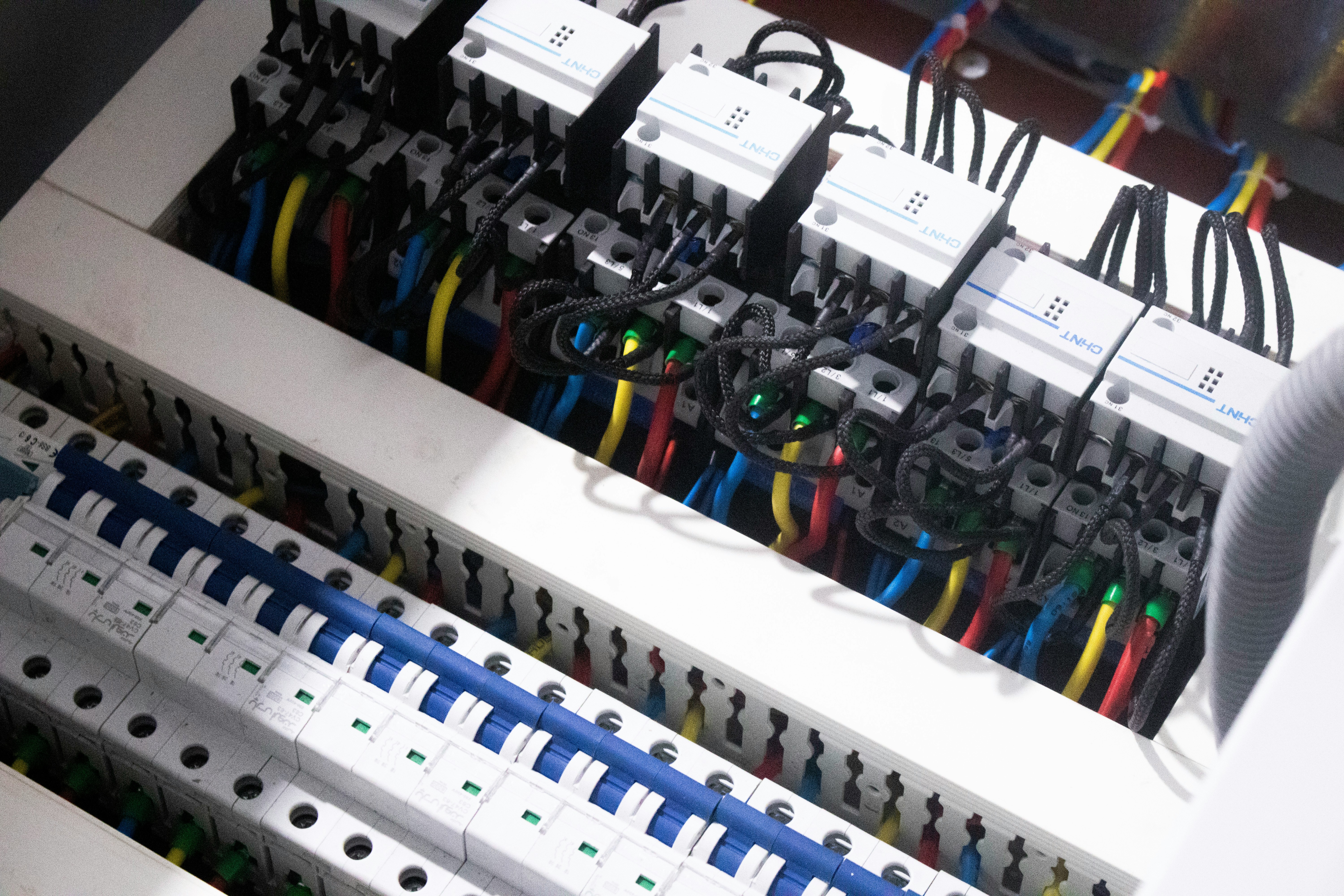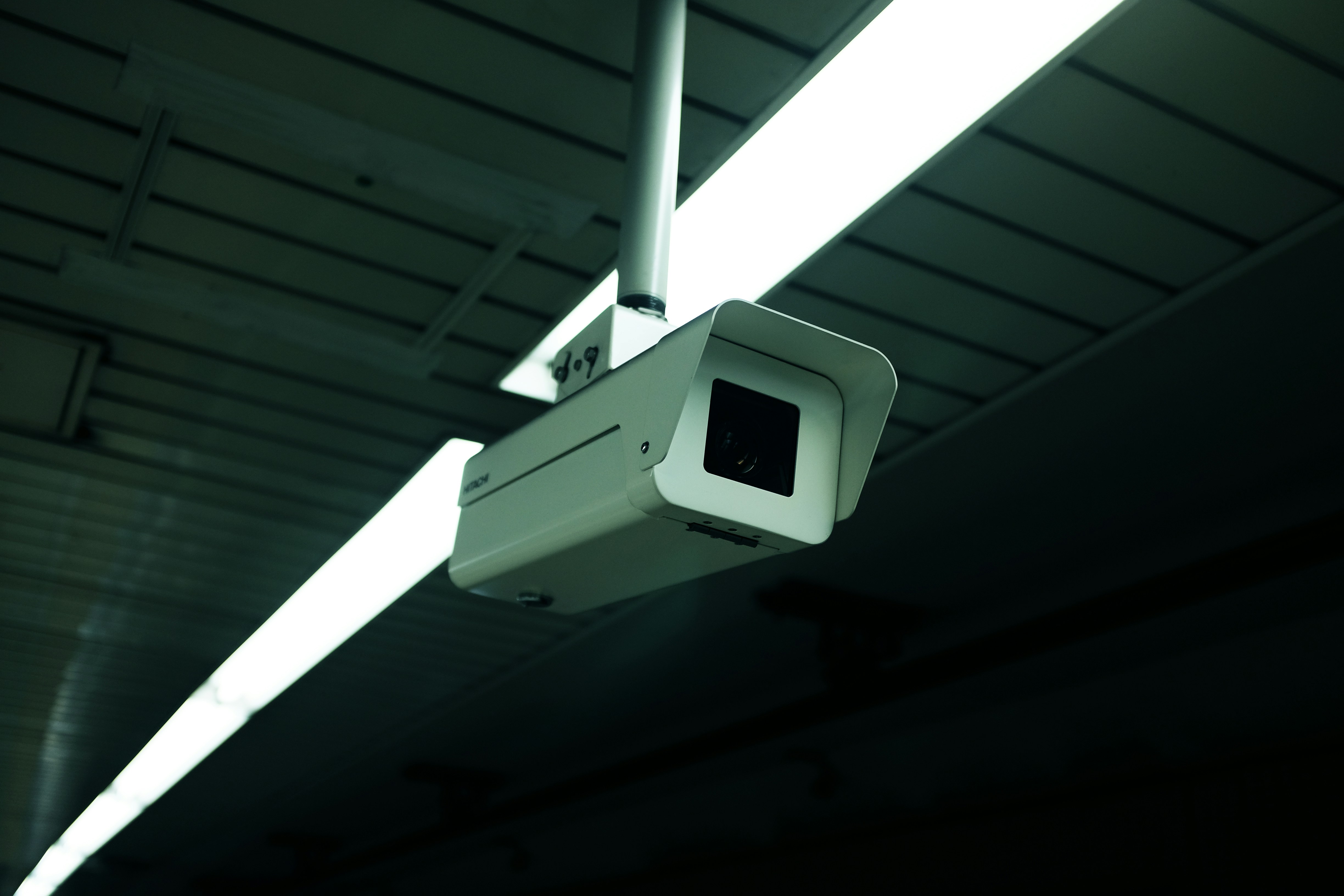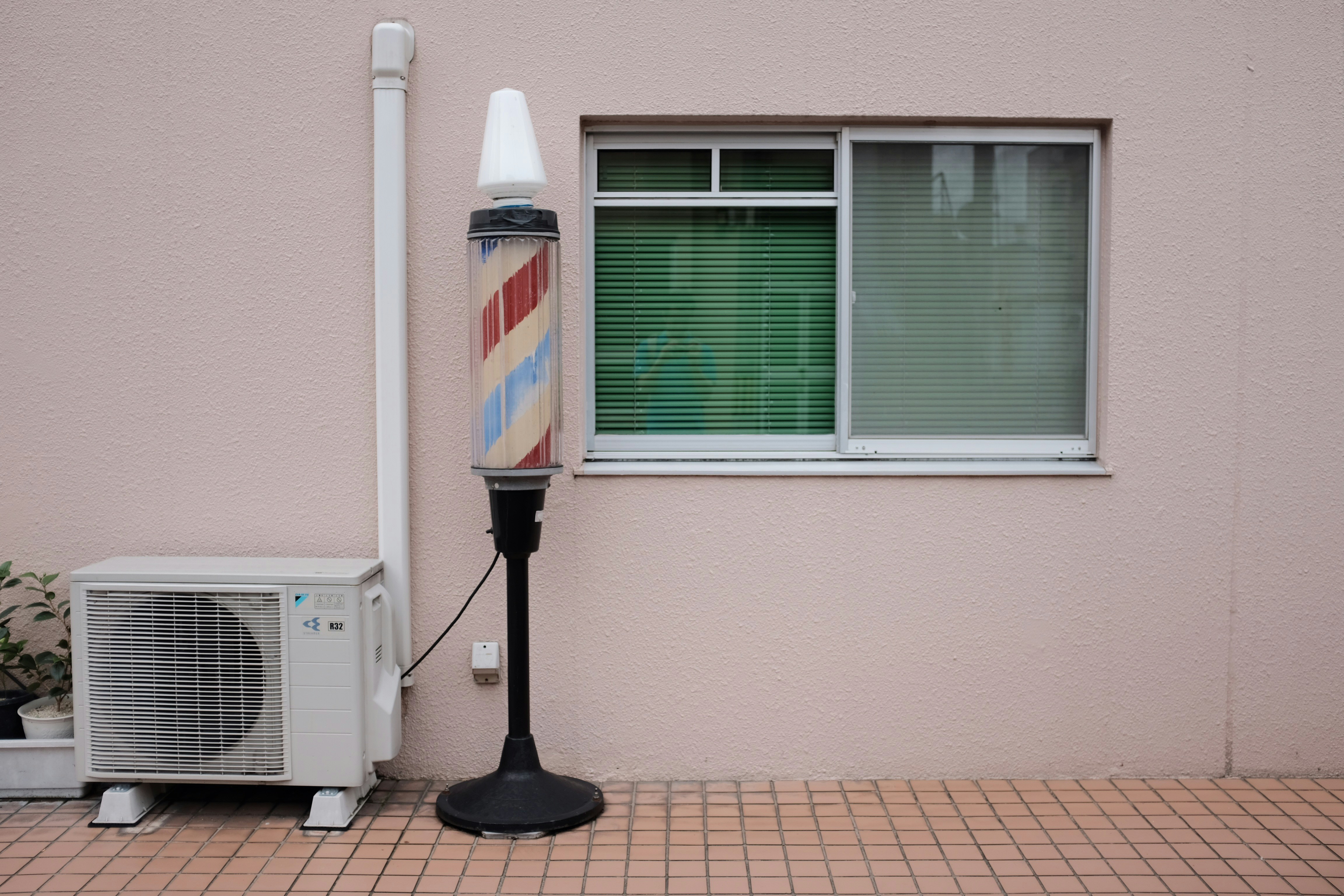
How Technology Is Transforming Engineeri...

Fixr Technologies
January 20, 2025
3 mins
Introduction
I had a cousin who almost died from electric shock. (He's late now though, from another cause) He opened the tap and he flew into the air. Everything happened within a blink. Real life experience. That day my dad disconnected all the water heaters in the house. Till now, I'm afraid of water heaters.
I'm sure you've had your experience too with one or two appliances. Do well to put it in the comment section.
In our modern homes, electricity powers almost every aspect of our daily lives. While it provides comfort and convenience, it also comes with inherent risks if not handled properly. Electrical safety should be a top priority for every homeowner to protect their home and loved ones. Electricity like fire is a good servant but a bad master. Read on, I’ll walk you through the essential steps to ensure electrical safety in your home.
Body
1. Regular Inspections
Regular electrical inspections are crucial for identifying potential hazards before they become serious problems. A certified electrician can check for outdated wiring, overloaded circuits, and other issues that might pose a risk. It's advisable to have your home's electrical system inspected at least once every five years.
2. Proper Use of Electrical Outlets
Overloading outlets is a common cause of electrical fires. Ensure that outlets are not overloaded by plugging in too many devices. Use power strips with surge protectors and avoid daisy-chaining multiple power strips together. Additionally, consider installing childproof outlets if you have young children.
3. Ground Fault Circuit Interrupters (GFCIs)
GFCIs are designed to protect against electric shock by shutting off power when a fault is detected. They should be installed in areas where water and electricity are in close proximity, such as bathrooms, kitchens, and outdoor outlets. Regularly test your GFCIs to ensure they are functioning correctly.
4. Extension Cord Safety
Extension cords are a temporary solution and should not be used as a permanent fixture. When using extension cords, make sure they are rated for the load they will carry and are free from damage. Never run extension cords under rugs or through doorways, as this can cause wear and tear, leading to potential hazards.
5. Educate Your Family
Educating your family about electrical safety is key to preventing accidents. Teach children not to insert objects into outlets and to avoid playing with electrical devices. Encourage everyone in the household to report any electrical issues, such as flickering lights or warm outlets, immediately.
6. Hire Certified Professionals
When it comes to electrical installations and maintenance, always hire certified professionals. DIY electrical work can be dangerous and may not comply with safety codes. Certified electricians have the knowledge and expertise to handle electrical tasks safely and effectively.
Conclusion
By following these electrical safety tips, you can protect your home and family from potential electrical hazards. Remember, regular inspections and proper usage are essential for maintaining a safe electrical system.
For all your electrical installations and maintenance needs, contact Fixr. Our team of certified electricians offers reliable, affordable, and 24/7 service to ensure your home’s electrical system is safe and up to code.
Contact Fixr:
Website: www.usefixr.com
Social media: @usefixr
Stay safe and ensure your home is protected with professional electrical services from Fixr.

How Technology Is Transforming Engineeri...

CCTV Basics: An Overview of Key Componen...

10 Common Heating, Ventilation, and Air ...
Fixr Technologies 2026